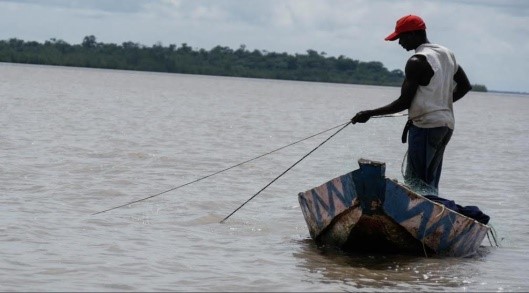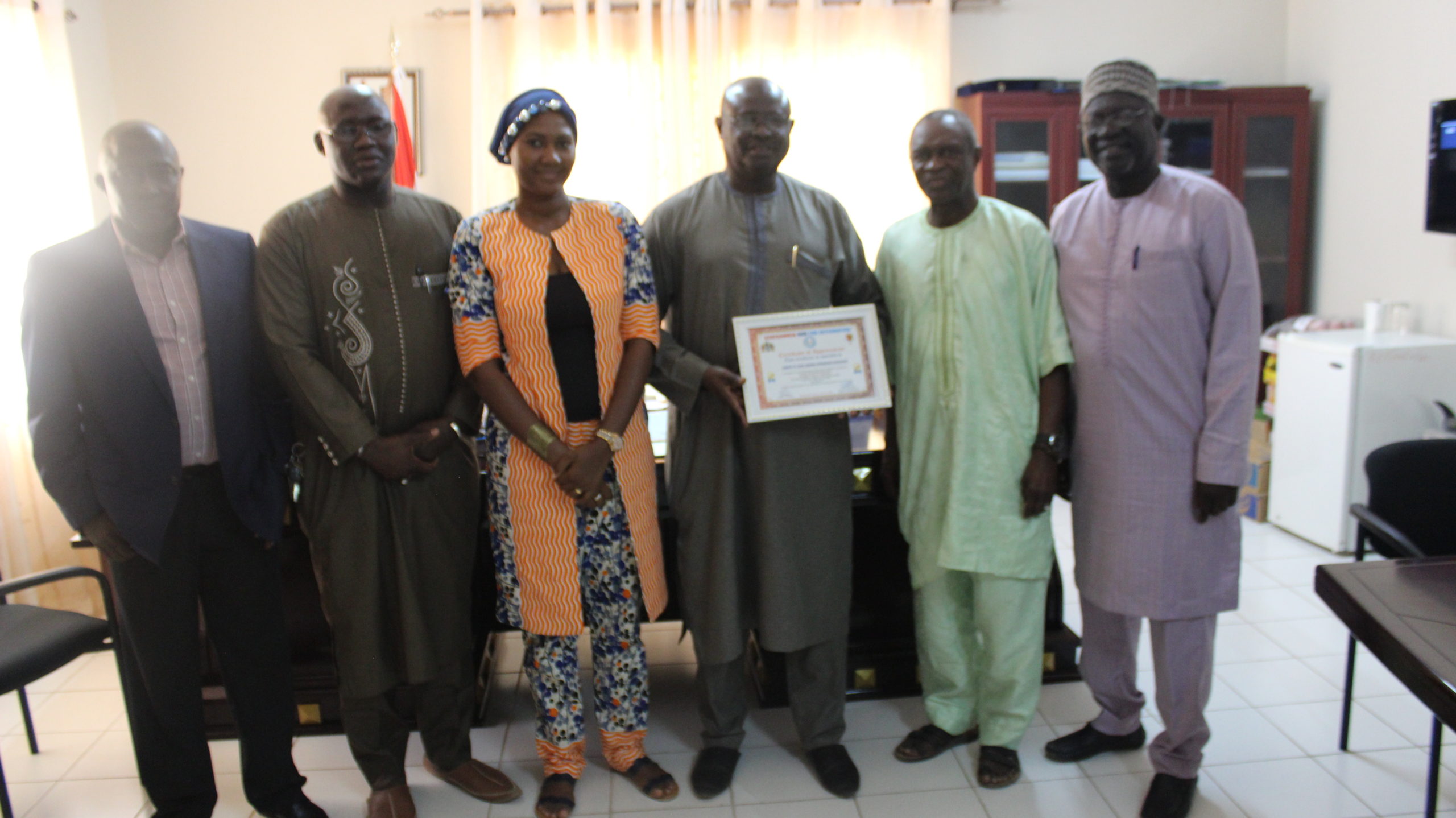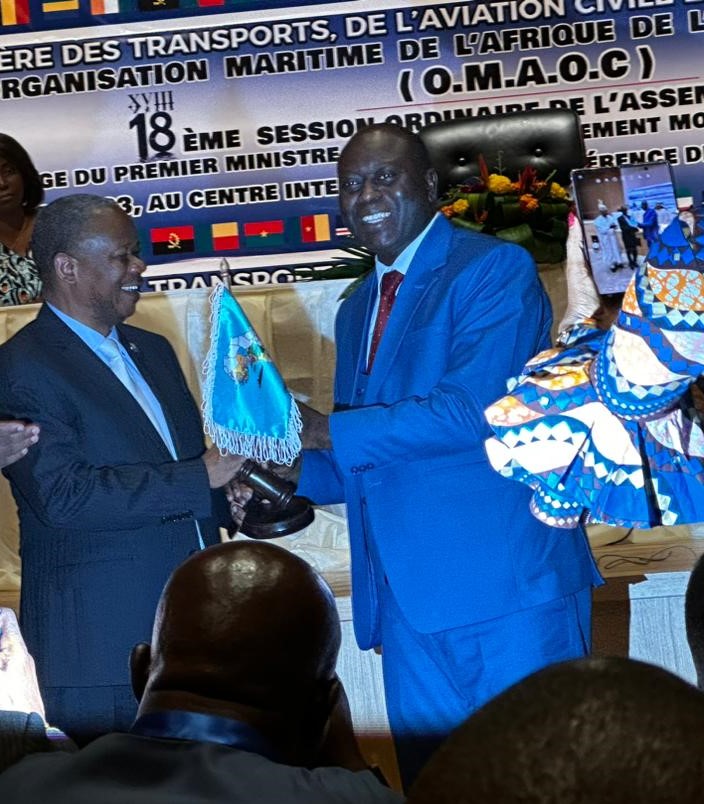By Adama Makasuba
The Green Climate Fund (GCF) has approved a $25 million project led by the UN Food and Agriculture Organization (FAO) to enhance the climate resilience of the most vulnerable women and men in fishing communities in the Gambia whose livelihoods are threatened by sea-level rise and other climate change impacts.
It aimed to catalyse a paradigm shift towards low-emission and climate-resilient development, offering best practices in sustainable fisheries, such as using a community-led replanting approach to establish mangrove nurseries, reforest and monitor mangrove ecosystems.
The six-year project, Climate Resilient Fishery Initiative for Livelihood Improvement in the Gambia, or PROREFISH, will benefit about 168,000 vulnerable women and men who depend on the fisheries value chain.
“The project scales up proven adaptation measures adopted in several West African countries and focuses on climate-proofing fisheries and related infrastructure and value chain segments dominated by women,” Omar S. M. Gibba, Permanent Secretary for the Ministry of Fisheries, Water Resources and National Assembly Matters, said.
“The activities will improve the livelihood of thousands of people dependent on fisheries, and it is a timely and welcome intervention for the nation,” he added, speaking on behalf of the Minister, Honourable Musa S. Drammeh.
The project will also include promoting climate-resilient aquaculture, climate-proofing small-scale fisheries infrastructure, and restoring fisheries’ habitat through mangrove restoration and oyster cultivation.
The Gambia is particularly vulnerable to the impacts of climate change which threaten livelihoods and food security. Fish stock from capture fisheries is the primary source of protein for the Gambian population and a pillar of sustainable diets for the poorest and the most vulnerable people.
Moshibudi Rampedi, FAO Representative in the Gambia. said it was “Designed to help strengthen the Gambia’s response to climate threats, the PROREFISH project offers a holistic response to enhance adaptation and reduce the climate-related risks facing the country’s fisheries sector,”
She added that “Women will be active participants and equal beneficiaries in project activities aimed at restoring degraded mangrove areas in key fisheries hotspots,”





